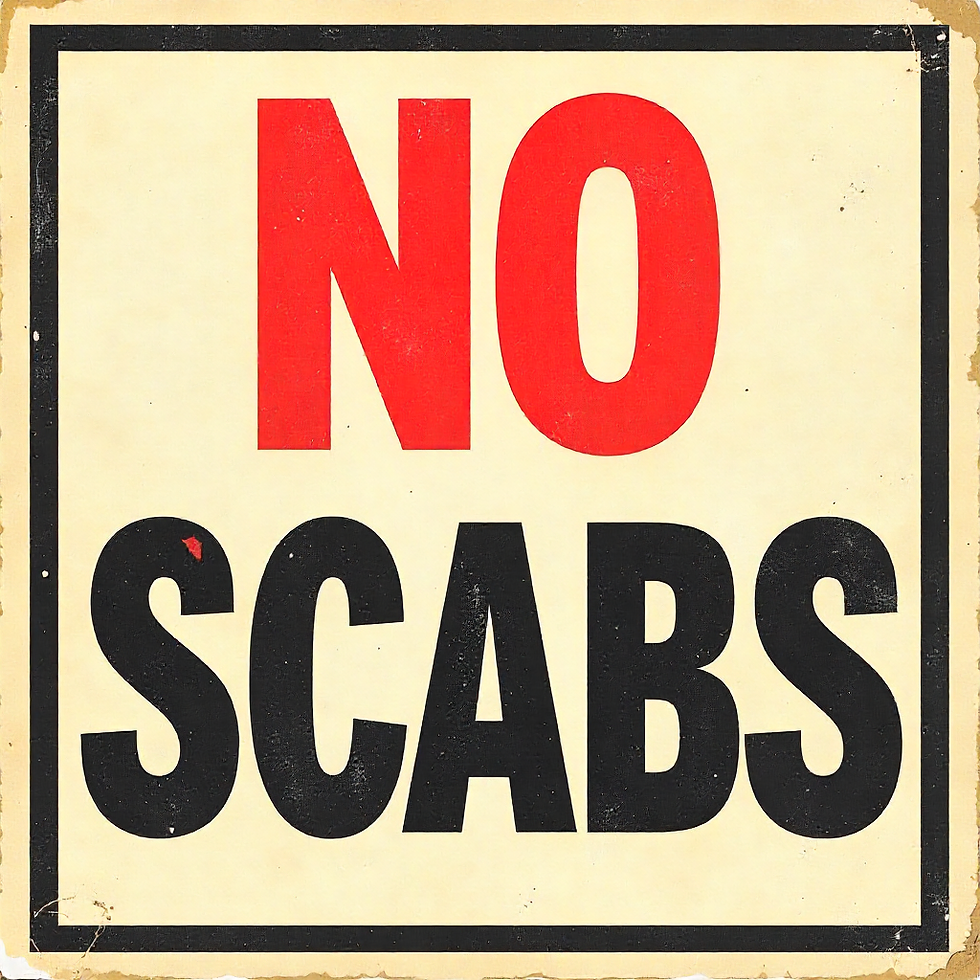“A Shocking Betrayal”: Canada’s Leading Private Sector Union Strikes Controversial Deal with Uber
- lelsutoronto
- Oct 30, 2022
- 2 min read

In January 2022, Uber Canada (“Uber”) and United Food and Commercial Workers Canada (“UFCW”) reached an unprecedented “historic national agreement” for representation rights affecting approximately 100,000 Uber drivers and couriers.
Under the agreement, UFCW provides representation to drivers and couriers. However, UFCW is not the workplace’s acting union. According to the UFCW press release, the union can, if requested by workers, advocate for workers facing disciplinary action and represent them in the dispute resolution process. UFCW will also help Uber to lobby “provincial governments to enact reforms that provide new benefits and preserve worker choice on when, where, and if to work.”
At first glance, this looks like a valuable resource for non-unionized employees. However, labour activists argue the agreement is a strategy Uber has employed to further its 2021 Flexible Work+ plan and ensure workers remain classified as independent contractors. Recent events certainly support that theory: emails and reports obtained by The Globe and Mail earlier this year showed Uber and UFCW lobbied the Ontario government to exclude gig workers from Ontario’s Employment Standards Act (“ESA”).
Independent contractors, unlike employees, do not have minimum entitlements under the ESA, cannot unionize, and face barriers to accessing benefits like Employment Insurance and Workers’ Compensation. App-based workers are generally treated as independent contractors. In April 2022, Ontario passed Bill 88, The Working for Workers Act, 2022. Bill 88 will establish certain additional rights for app-based workers through the enactment of the new Digital Platform Workers Rights Act, 2022. However, the new Act does not provide for all the entitlements an employee would receive under the ESA.
It should be noted that some labour law experts believe gig workers meet the legal status of an employee. A recent decision by a Ministry of Labour Employment Standards Officer ruled that an Uber Eats bike courier was an employee and awarded him $1,000 in unpaid wages and vacation pay.
UFCW’s apparent attempt to undercut this legal progress concerned other unions, like Gig Workers United (“GWU”), an arm of the Canadian Union of Postal Workers (“CUPW”). Vice President Brice Sopher criticized the deal: “You’re supposed to be a union and instead you’re just collaborating with the boss…This is saying ‘workers do not deserve 100 percent.’ It’s saying they deserve less. And it’s been decided by people above. It’s very disturbing.”
So, how can the labour movement combat UFCW’s “shocking betrayal of labour solidarity”? Such an agreement may interfere with the administration or selection of a union contrary to Section 70 of Ontario’s Labour Relations Act. On September 15, CUPW filed an unfair labour practice complaint stating that Uber unlawfully favoured one union over another. CUPW alleged that Uber provided employee contact information to UFCW but not CUPW. In Uber’s September 29 response, it refuted the allegation and argued that the complaint should be dismissed for delay. The OLRB has not yet issued a decision on this matter.
Unions are divided on how to address the lobbying and norm-setting of app-based companies like Uber. Recent employer strategies in harnessing union power to lobby for their preferred employment classification will have far-reaching implications for Canada’s labour movement going forward.
-MV




Comments